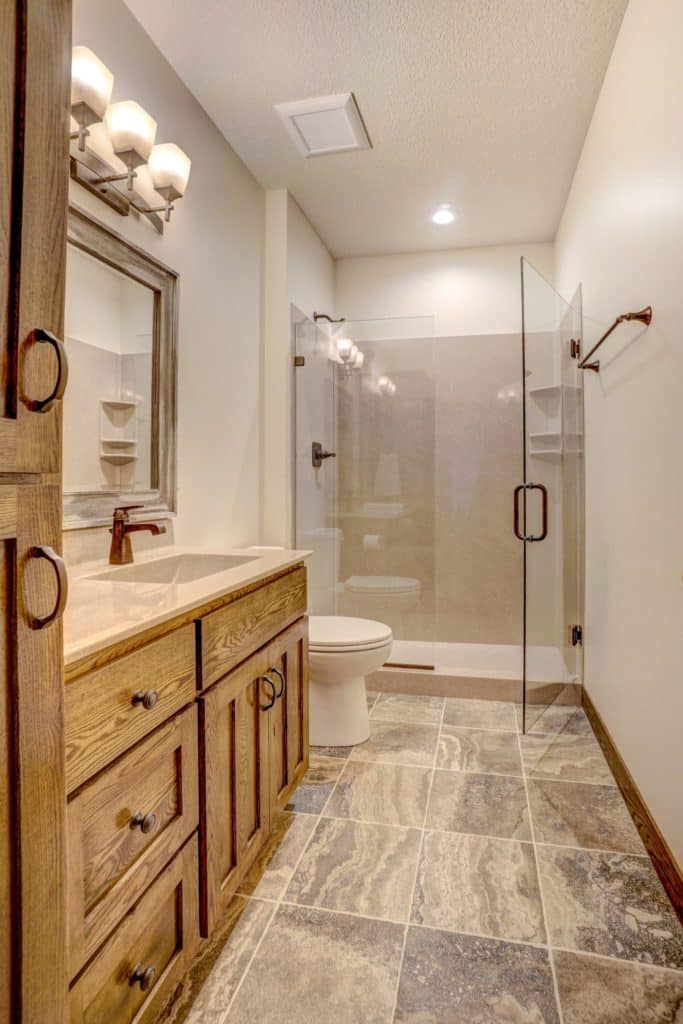Home Upkeep Myths
Every Saturday morning, we do a live radio show on WCCO AM 830 where we answer home improvement questions from those in the Twin Cities. There’s never a shortage of calls; oftentimes people end up following up with us after the show if they weren’t able to get on the air. One thing we’ve learned from this is that homeowners really do want to be educated when it comes to home upkeep. Here are some prevalent misconceptions that we’d like to clear up.
Any Upgrade Will Add Value to the Home: In order to add value, the enhancement has to be something that another home buyer will see as an asset. Items such as swimming pools and outdoor tennis or basketball courts can be appealing to the right buyer but may not cause your home to sell at a higher price tag because they aren’t an improvement everyone wants. Items that add value include high quality, maintenance free features such as roofing, siding, windows and gutters.
because they aren’t an improvement everyone wants. Items that add value include high quality, maintenance free features such as roofing, siding, windows and gutters.
Go with the Lowest Bid: Rarely is the lowest bid your best option. Lower quality materials have a much shorter shelf life and may lack the warranty that its competitor of superior quality has. Contractors can also save big bucks by not carrying adequate insurance, which means if there’s an accident on the property during construction, you’re the one liable.
Bath Fans are Optional: Oftentimes, bath fans are not required by building codes, especially if there’s already a window in the bathroom. (Friendly reminder: building codes are to enforce the bare minimum.) The intent of a bath fan is to prevent moisture problems, such as mold. While windows can be a beneficial  tool for this as well, we can safely say that there are easily six months in the Midwest that a home’s windows are never open.
tool for this as well, we can safely say that there are easily six months in the Midwest that a home’s windows are never open.
You Don’t Need a Permit for a DIY Remodel: The need for a permit depends on the municipality that you live in, not on who is performing the work. Failure to get a permit on work that needs to be performed can result in fines and even having to remove the improvement and start over.
You Need to Have a Complete Vision Prior to Hiring a Contractor: False! While it’s good to be in touch with personal preferences and tastes, it’s the responsibility of the contractor to put together a realistic plan that encompasses your needs. This can be done after meeting with you to learn more about the project. Working with a contractor from the beginning is a big time and money saver; they have access to pricing the general public does not and also aren’t starting from ground zero because they’ve overseen many similar projects.
